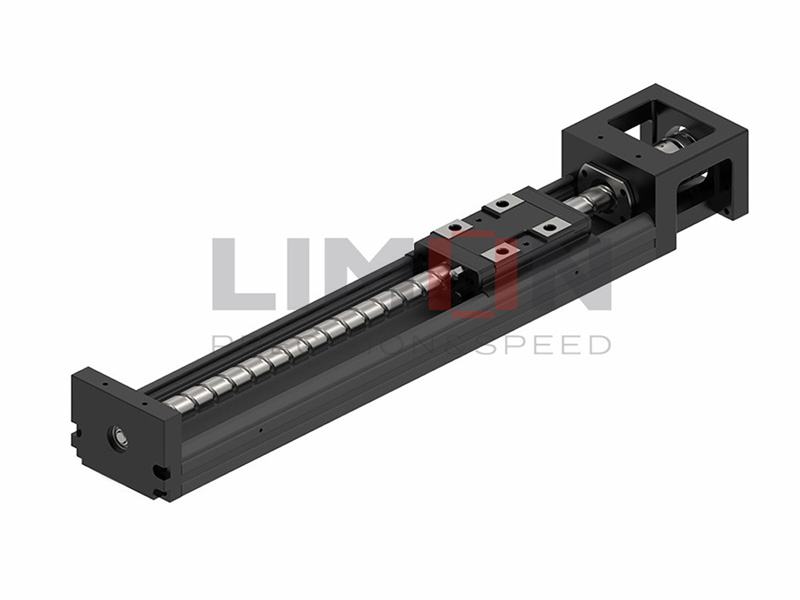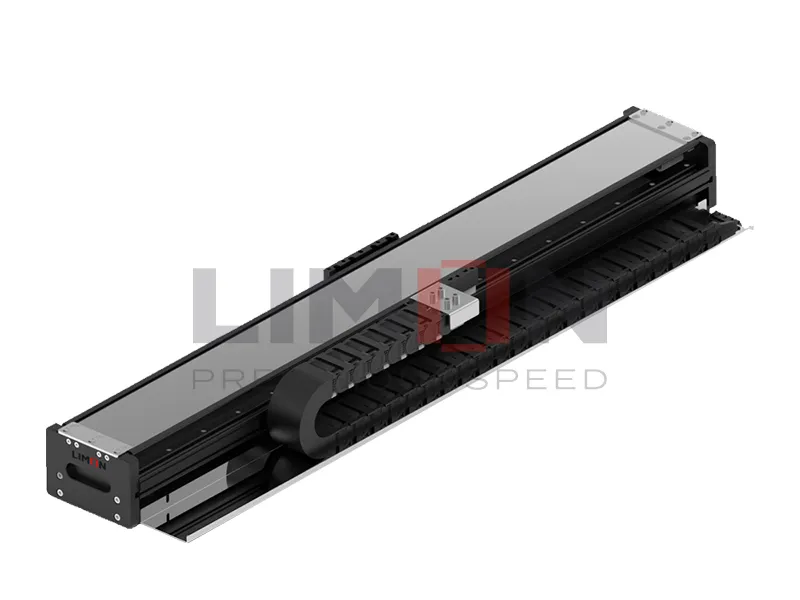A servo motor is an advanced motion control component designed for precision, efficiency, and responsiveness. It’s no wonder that engineers across industries—from automation to aerospace—rely on servo systems for mission-critical tasks.
Here’s a comprehensive breakdown of the key advantages of servo motors:
1. High Precision and Accuracy
Thanks to closed-loop feedback control, servo motors maintain exact positioning, making them ideal for applications like robotics, CNC machining, and automated inspection.
2. High Torque at Low Speeds
Unlike traditional motors, a servo motor delivers strong torque output even at low RPMs, ensuring stable performance in heavy-duty and low-speed operations.
3. Closed-Loop Control
Real-time monitoring of position, speed, and torque allows the system to self-correct instantly, eliminating drift and improving consistency.
4. Fast Response Time
With rapid acceleration and deceleration capabilities, servo motors enable high-speed operations with minimal lag—critical in automated packaging, palletizing, or pick-and-place systems.
5. Wide Speed Range
A servo motor can operate smoothly across a broad RPM spectrum, giving engineers flexibility in applications ranging from high-speed spindles to delicate positioning.
6. High Efficiency
Energy-efficient design and intelligent control help reduce operational costs while maximizing performance.
7. Smooth Operation
Low vibration and quiet function make servo motors suitable for medical devices, optical instruments, and other sensitive systems.
8. Compact Size & High Power Density
Servo motors offer more power per unit volume, making them perfect for space-constrained environments like robotic joints or portable machinery.
9. Versatility
Whether it’s rotational or linear motion, servo systems adapt easily to various industrial automation requirements.
10. Programmability
Servo drives allow advanced configuration of motion profiles (acceleration, dwell time, braking), enabling smart automation and machine customization.
11. Low Maintenance
Because of their brushless design and built-in protections, servo motors require minimal maintenance, lowering downtime and service costs.
12. High Reliability
Engineered for demanding environments, servo motors offer exceptional durability in temperature-sensitive, dusty, or high-vibration conditions.
Applications That Use Servo Motors
Servo motors shine wherever precise motion control is non-negotiable. Here are the most common servo motor applications:
Robotics – For joint articulation in robotic arms and drone stabilization.
CNC Machines – Enables accurate tool positioning and axis synchronization.
Industrial Automation – Used in conveyors, pick-and-place systems, and packaging lines.
Aerospace & Defense – Integrated into flight control surfaces and targeting systems.
Medical Equipment – For surgical robotics, MRI table positioning, and diagnostic imaging.
Camera Gimbals & Lenses – For precise focusing and stabilization.
3D Printing – Ensures accurate nozzle and bed positioning in additive manufacturing.
Final Thoughts: Why Choose Servo Motors?
If your application demands high precision, fast control, and dynamic responsiveness, a servo motor is the logical choice. Its advanced features empower businesses to streamline operations, enhance product quality, and stay ahead in an increasingly automated world.
Looking to integrate servo motors into your automation or robotics project? Let’s connect — precision performance is just a drive away.




